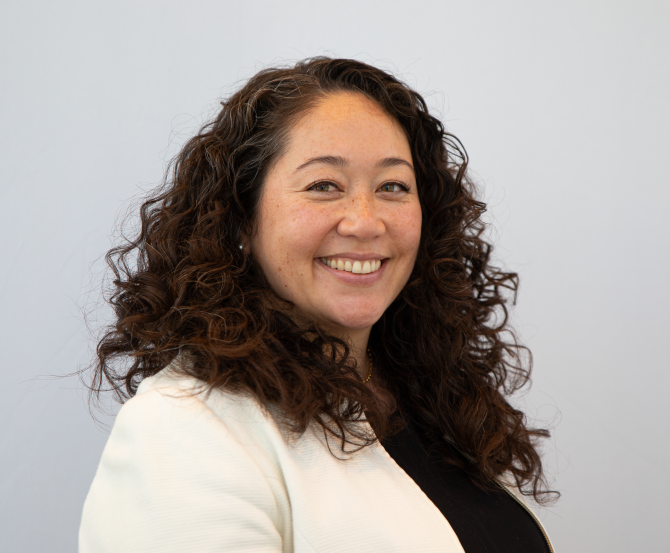by the FMA editorial team
The most important thing you can do with your KiwiSaver is make sure you’re in the right fund. It makes a big difference over the long term and what’s right for you will change as you get older and nearer to when you’ll need to get your money out.
In our new ‘Spotlight’ series, we’re looking at the different kinds of funds out there and exploring how they work.
Today we’re checking out BALANCED funds.
It’s a good one to start with too, because the name pretty accurately describes what it is. It sits in the middle – a balanced fund is one that’s less volatile than a growth fund but more likely to grow faster than a conservative fund.
KiwiSaver ‘default’ funds are balanced funds.
So, what makes a fund balanced - and what sort of person is a balanced fund most suitable for?
It’s designed for anyone who doesn’t need to spend their investment soon but needs it in the medium term – say within 5-10 years. A fund will count as balanced if its managers buy a certain mix of lower-risk investments with a typically lower, fixed return like bonds and cash; and higher-return, more volatile ones like shares.
So, it’s all about the mix. A balanced fund is great if you’re OK with seeing your account value sometimes fall and you’re looking for mid-range, long-term returns. If you don’t need to spend your KiwiSaver money in the next 5-10 years, then a balanced fund is usually recommended because it strikes a balance between protecting your savings and growing them over the long term.
FMA Director of Markets, Investing and Reporting, John Horner says putting default KiwiSaver members into balanced funds is preferable to conservative funds.
“A balanced fund usually has moderate risk, so you’re not likely to experience as much volatility as a growth fund, but the return over-time is likely to be higher than a more conservative fund. But remember to check your fund type is still good for your situation – if you’re getting closer to retirement or buying that first home, it’s time to start thinking about a more conservative fund,” he said. “If you have a long way to go until retirement, a growth fund is probably a better option for you.”

.jpeg/_jcr_content/renditions/cq5dam.web.1280.1280.jpeg)






